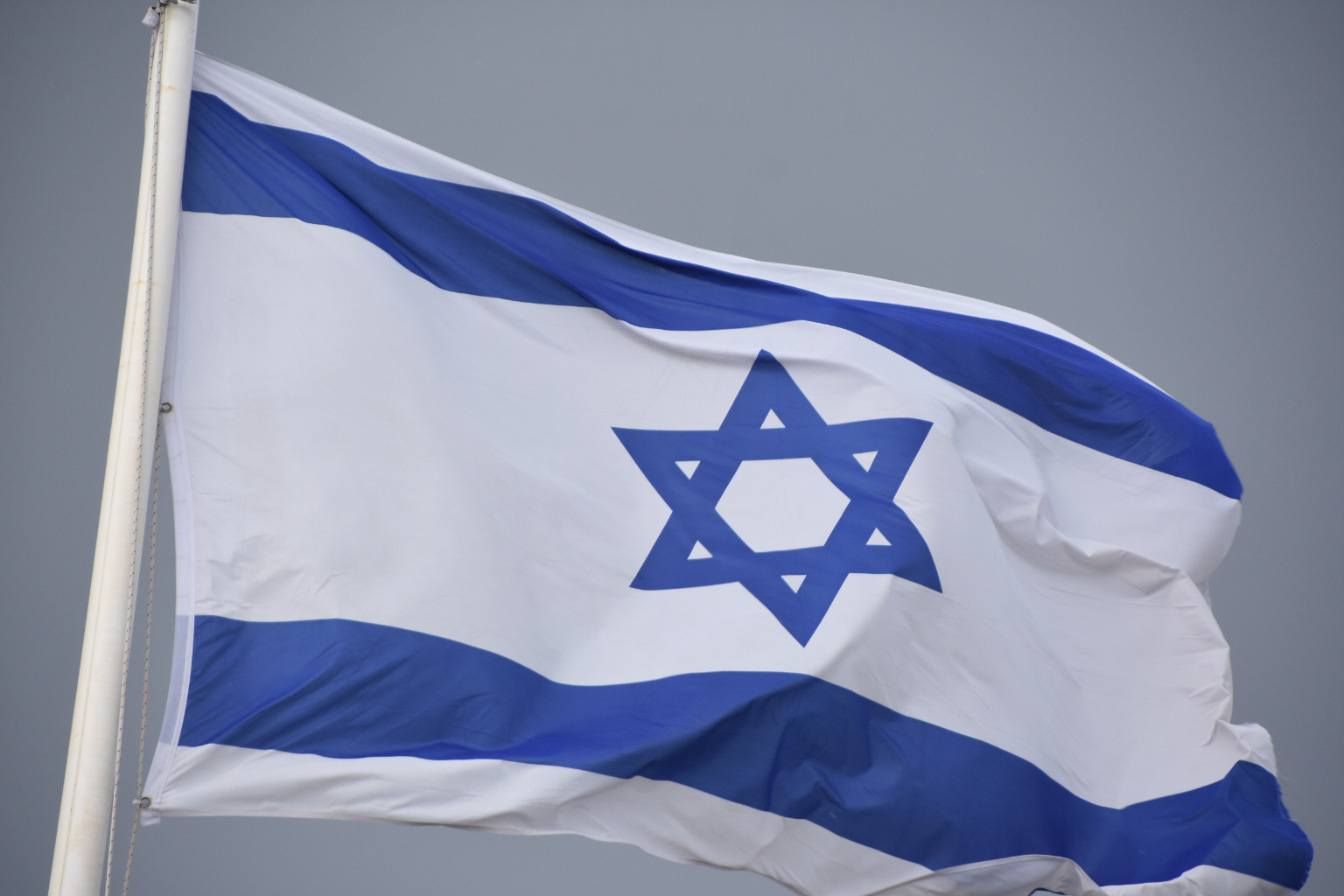Free Speech vs. Jewish Safety: Why New Jersey’s Antisemitism Bill Matters

Why the New Jersey Antisemitism Bill Matters: Free Speech vs. Jewish Safety
New Jersey politicians have highlighted free speech and antisemitism since sponsoring Assembly Bill A3558. Even if antisemitic threats are rising, the state has not defined antisemitism. Many Jewish groups support the law, but this definition could make it tougher to express political opinions and report criminal harassment.
Protecting the right to criticize governments, including Israel, and protecting Jewish communities from hate and threats must be balanced.
Antisemitism Bill Proposals
A3558 in New Jersey would formalize the International Holocaust Remembrance Alliance’s antisemitism definition. This is supported by the State Department, EU, and over 30 US states.
Please note that the legislation does not outlaw political speech or create new laws. It educates schools, public organizations, and police against antisemitic intimidation.
The bill safeguards Israel criticism. Americans can term government actions “genocide,” “war crimes,” or “ethnic cleansing.” Only when these comments become harassment, threats, or targeted intimidation do they qualify.
Rising NJ Jewish Safety Concerns
New Jersey has seen greater antisemitic activity, which exposes Jewish families, students, and community members because there is no legal classification. The state has not defined antisemitism, unlike racism, homophobia, and xenophobia.
A3558 supporters say this gap makes it harder for the Jewish community to protect itself and institutions to handle hate crimes. Define antisemitism to help police, schools, and colleges confront threats and intimidation, not suppress discussion.
Free speech is safe.
The main issue is whether this bill affects free speech. Opponents of defining antisemitism worry it will make it tougher to criticize Israel politically, especially its wartime activities. The IHRA definition states that criticizing Israel for the same reasons as other countries is not antisemitic.
If it doesn’t intimidate Jews, calling Israel’s conduct “genocide” in a political protest is legal. This difference protects Jewish citizens against hate crimes and free political discourse.
Why Clarity Matters
The IHRA definition won’t stop protests, academic disagreements, or Middle East policy disputes, say advocates. This will highlight antisemitic language such as denying the Holocaust, condemning all Jews for criminality, or favoring Israel over other nations.
Antisemitic harassment may be dismissed as political hyperbole without clarification, threatening Jewish communities, opponents say.
Meeting US and Global Standards
New Jersey would join other states, federal agencies, and democratic nations using the IHRA definition if ratified. People still speak their thoughts despite the definition, as shown below. Instead, it has kept the conversation continuing and ensured that the legislation and institutions battle antisemitism consistently.
As antisemitic crimes escalate, politicians and community leaders say New Jersey needs a standard.
In Conclusion
The A3558 controversy raises a national issue: protecting vulnerable populations while permitting free speech. People must speak out for American democracy to work. The bill shields political and Israel criticism. It also shields Jews from unchecked hatred and intimidation.
New Jersey faces a crucial decision. The state can preserve free speech and Jewish safety by properly defining antisemitism.
Sources
New Jersey Legislature
International Holocaust Remembrance Alliance (IHRA)
U.S. State Department
European Union Reports on Antisemitism




